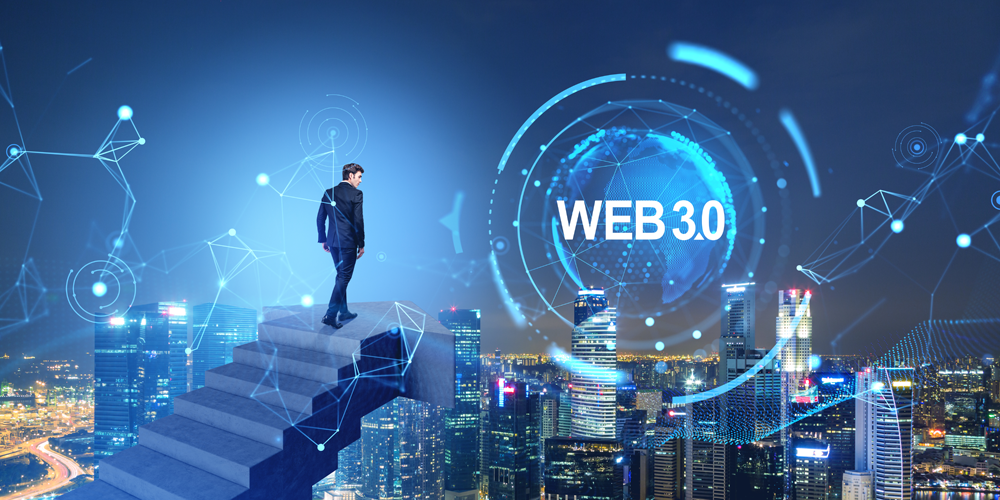Evolution of SEO: From Keywords to AI-Search
The realm of Search Engine Optimisation (SEO) has undergone a seismic transformation over the past few years. As the digital landscape continues to evolve, so too does the methodology and technology behind SEO. This article delves into how SEO has developed, highlighting the shift from traditional keyword tactics to the sophisticated AI-driven strategies that are shaping the future of search.
The Early Days of SEO
In the early days, SEO was heavily reliant on keyword stuffing and backlink building. Webmasters would cram as many keywords as possible into their content, often at the expense of readability and user experience. The goal was simple: manipulate search engine algorithms to achieve higher rankings. Backlinks were another crucial factor, with quantity often prioritized over quality. This era was characterized by black-hat SEO techniques, where the focus was on tricking search engines rather than delivering genuine value to users.
The Rise of Content Quality
As search engines became more sophisticated, there was a notable shift towards prioritizing content quality. Google’s algorithm updates, such as Panda and Penguin, were pivotal in this transition. These updates penalized low-quality content and spammy backlinks, encouraging websites to focus on creating valuable, relevant, and engaging content. The emphasis moved from quantity to quality, with user experience becoming a central tenet of SEO strategies.
Mobile Optimisation and Local SEO
With the proliferation of smartphones, mobile optimisation became a critical aspect of SEO. Google’s Mobilegeddon update in 2015 marked a significant turning point, as mobile-friendly websites were prioritized in search results. This shift underscored the importance of responsive design and fast-loading mobile pages.
Simultaneously, the rise of mobile search fuelled the growth of local SEO. Consumers increasingly sought local information, prompting businesses to optimise their online presence for local search queries. Google My Business became a vital tool for businesses to enhance their visibility in local search results, driving foot traffic and boosting local engagement.
Voice Search and Semantic Search
The advent of voice-activated devices like Amazon’s Alexa, Google Assistant, and Apple’s Siri introduced a new dimension to SEO. Voice search queries tend to be longer and more conversational, prompting a shift towards understanding user intent. This change highlighted the importance of semantic search, where search engines aim to comprehend the context and meaning behind queries rather than focusing solely on keywords.
The Integration of AI in SEO
Artificial Intelligence (AI) has emerged as a game-changer in the SEO landscape. Google’s RankBrain, an AI-driven algorithm, was introduced to better understand user intent and improve search results. RankBrain leverages machine learning to process and analyze vast amounts of data, enabling it to deliver more relevant and accurate search results.
AI has also revolutionized content creation and optimisation. Tools powered by AI can analyze user behaviour, predict trends, and generate content that resonates with target audiences. This technology allows marketers to tailor their strategies to meet the ever-evolving demands of users, enhancing engagement and driving conversions.
The Role of AI in Search Engines
As AI continues to advance, it is increasingly integrated into search engines to enhance user experience. AI algorithms can now understand complex queries, interpret context, and deliver personalized results. This shift is transforming how users interact with search engines, making searches more intuitive and efficient.
AI-driven search engines are also improving their ability to understand multimedia content. Image and video recognition technologies are becoming more sophisticated, enabling search engines to index and rank visual content effectively. This development is particularly significant as visual content becomes more prevalent in digital marketing strategies.
The Future of SEO: AI-Driven Search
The future of SEO lies in the seamless integration of AI and machine learning technologies. As AI continues to evolve, search engines will become even more adept at understanding user intent and delivering personalized experiences. Here’s how AI is shaping the future of search:
- Predictive Analysis: AI can analyze user behavior to predict future trends and preferences. This capability allows businesses to anticipate user needs and tailor their content and strategies accordingly.
- Enhanced User Experience: AI-driven search engines can provide users with more accurate and relevant results, improving overall user satisfaction. This focus on user experience is expected to drive higher engagement and conversion rates.
- Voice and Visual Search: As voice and visual search technologies advance, SEO strategies will need to adapt. Optimising for these search modalities will become crucial for businesses aiming to maintain their competitive edge.
- Automated Content Creation: AI-powered tools can automate content creation, enabling marketers to produce high-quality, relevant content at scale. This automation will free up resources, allowing marketers to focus on strategic initiatives.
- Real-Time Data Analysis: AI can process and analyze data in real-time, providing marketers with actionable insights. This capability enables businesses to make data-driven decisions and optimize their strategies on the fly.
From Keyword to AI Strategies
The world of SEO has come a long way from its humble beginnings. The shift from keyword-centric tactics to AI-driven strategies reflects the broader evolution of the digital landscape. As AI continues to advance, it will play an increasingly pivotal role in shaping the future of search. Businesses that embrace these changes and adapt their SEO strategies accordingly will be well-positioned to thrive in the ever-evolving digital ecosystem.
The integration of AI in search is not just a trend but a fundamental shift that will redefine how we interact with information online. As we move into this new era, the possibilities are limitless, and the journey is just beginning.









